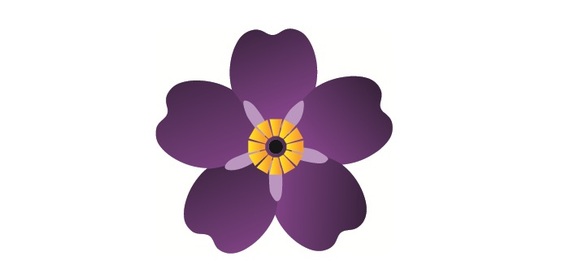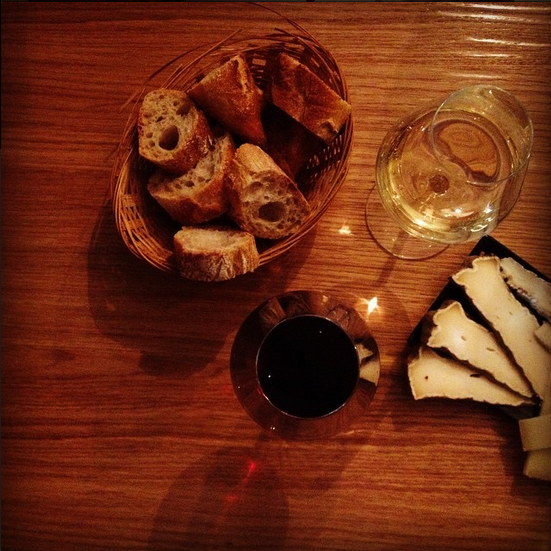Those who decide to use leisure as a means of mental development, who love good music, good books, good pictures, good company, good conversation, are the happiest people in the world. And they are not only happy in themselves, they are the cause of happiness in others.
The 24th of April, 1915 was a Sunday. It was also the first day of a massive Ottoman-orchestrated deportation of Armenian intellectuals. Teachers, lawyers, mathematicians, poets, musicians... between 235 and 270 people were arrested that day in the buildup toward a gruesome genocide that would claim the lives of more than 1.5 million Armenians.
They were executed in mass graves, or marched across the Mesopotamian desert to concentration camps. Many died along the way. In 1914 there had been 2,133,190 Armenians in the Ottoman Empire. By 1922, there were 387,800. These numbers are names and stories, and there are more of them than I could ever write down. Here is just one:
Demos Shakarian and his wife had already fled to Los Angeles, California, when the genocide began. In exile, he learned of the death of every person in the village he had left behind. He then lost his own daughter, and struggled for the rest of his life to run a dairy business with a herd of cattle run down by tuberculosis, in the middle of an economic crisis. Still, he and his wife called themselves The Happiest People on Earth.
Despite being one of the most frequently used words in basic English, "happy" is a state few people reach and even fewer can truly define. According to the Oxford dictionary, happiness is "a state of well-being, pleasure or contentment." Not a feeling. Not a right. And as our lives have so often demonstrated, certainly not a guarantee. But we recognize happiness when we see it, and we seek it more ardently than any other goal. So much so that Thomas Jefferson elevated its pursuit to an inalienable right in the United States Declaration of Independence, right after "life" and "liberty."
But that pursuit had begun long before 1776, and oceans away from the United States; Confucius, Buddha, Socrates and Aristotle had already launched the search in China, India and Greece, more than 2,500 years ago. They looked for it everywhere, in virtue or pleasure, wealth or knowledge, physical or spiritual development, the community or the individual, and in any imaginable combination of those.
By the 1800s, however, a few common trends had emerged: Across most languages and cultures, happiness became associated with luck, reliant on external circumstances. Individual liberties personalized it, industrialization monetized it.
"Life, liberty, and estate (property)," once clamored John Locke, and that became the basis for the American dream: Work hard, accumulate wealth, and by Disney guarantee, you will live happily ever after. And as with most inalienable rights in a society at peace, happiness eventually became a given...
Until war, genocide, mass graves and concentration camps. Gas chambers and machetes. Cancer and ebola. Earthquakes and tsunamis. Bomb vests and hijacked planes. Subprime mortgages and market crashes.
And still, Demos Shakarian called himself the happiest man on earth.
In another time and another place of great suffering, another historical figure said:
"A table, a chair, a bowl of fruit and a violin; what else does a man need to be happy?"
His name was Albert Einstein, and he was a German Jew.
Life is ephemeral. Liberty is fickle. And without the first two, all the wealth in the world does not amount to much. But happiness is not dictated by external circumstances; it is guided by inner purpose. It is not luck; it is a choice.
It is appreciating little pleasures, like companionship and the feel of a setting sun. It is discovering one's virtues and strengths and using them for good. It is finding meaning in something greater than a Happy Meal.
Happiness is not the inalienable human right. Its pursuit is.
It has been a hundred years since the Armenian genocide. Many tragedies have occurred since then, and many more will. But tonight, I have a date with mon chéri, a fresh baguette and half a bottle of still decent wine in the fridge. And I am happy.
This post was originally published here on the author's personal blog, Aristotle at Afternoon Tea.



